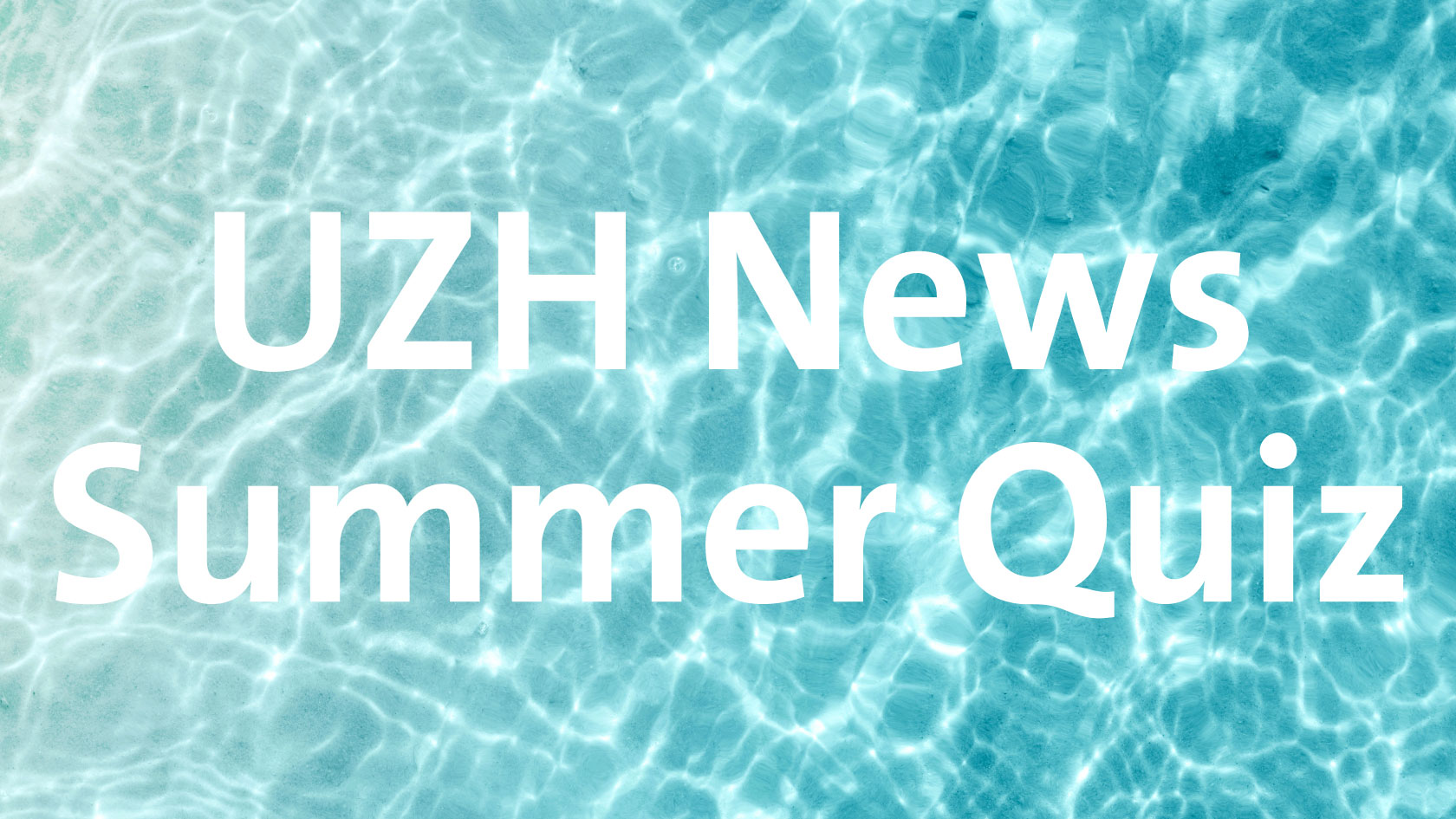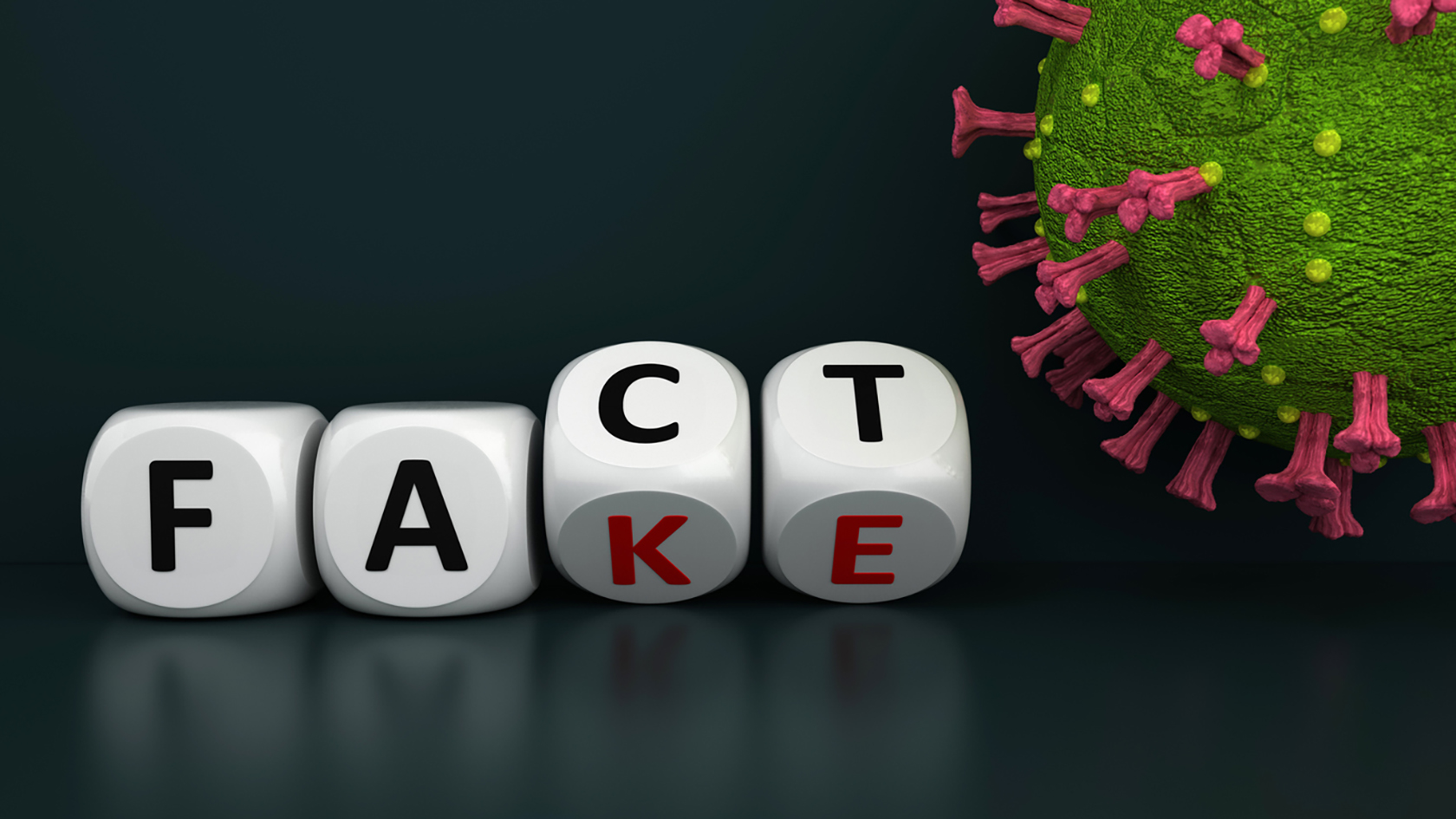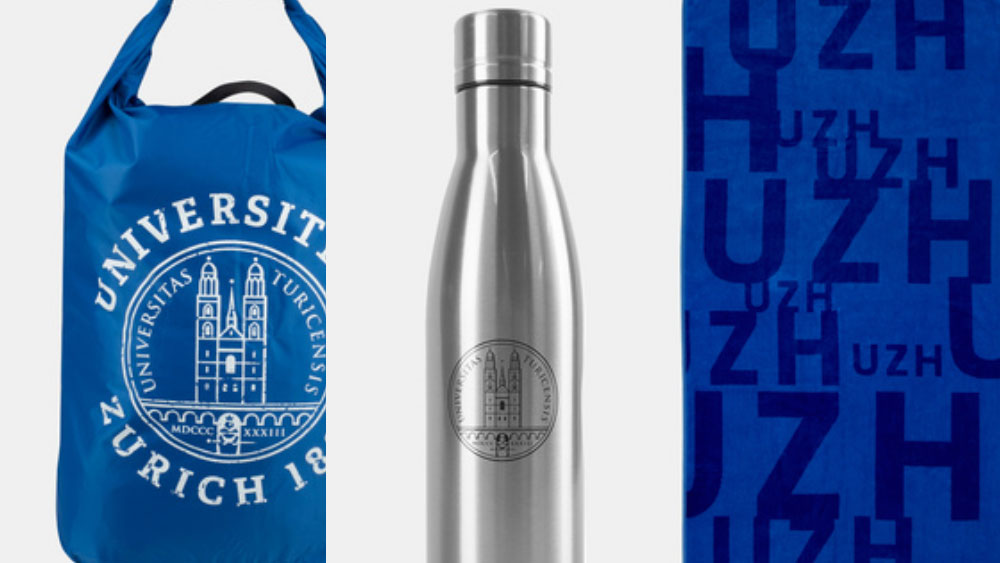Dive Deep

Summertime is quiz time: Solve our quiz and win a UZH-branded bath towel, water bottle or dry bag (see below).
Pick the correct answer for each question and join the letters together to find the (German) keyword at the end. Send the keyword to uzhnews@kommunikation.uzh.ch by 2 August. There is only one correct answer for each question.
1 - Neuroscientists have developed innovative objectives for light microscopy by using mirrors instead of lenses. The researchers were inspired by mirror telescopes used in astronomy – and the eyes of which animal?
- R: Dragonfly
- S: Hawk
- T: Scallop
2 - The Swiss Amish in the US town of Berne still speak a language called Shwitzer. What do the Amish call the people who drive them to work or the grocery store by car?
- I: “Fahri”
- J: “Stüri”
- K: “Gango”
3 - Climate change also threatens wildlife populations. UZH biologists have investigated how changes in the climate are affecting giraffes in the Tarangire region of Tanzania. Which factor is the most threatening to the giraffes’ survival?
- C: The heat because it destroys acacia trees, which are major food source for giraffes.
- D: The heat because giraffes struggle to cope with rising temperatures due to the size of their bodies.
- E: The rising rainfall because it increases parasite infestations and reduces the nutritional value of vegetation.
4 - Nobody likes to be criticized. But when is criticism most persuasive?
- E: After a shared meal, the person being criticized will react less brashly and be more receptive.
- F: When expressed with concern for the welfare of the person being criticized.
- G: If the main point of criticism isn’t explicitly mentioned.
5 - Two literary archives scientifically supervised by UZH were added to the UNESCO Memory of the World Register in 2023. Which ones?
- F: The Friedrich Glauser Archive and the Wachtmeister Studer memorial site
- G: The Johanna Spyri Archive and the Heidi Archive of the Heidiseum
- H: The Joanne K. Rowling Collection and the Harry Potter Research Center
6 – Health professionals are in urgent need of new antibiotics to tackle resistant bacteria. UZH researchers have developed active substances that bind to novel targets in the bacteria’s metabolism. To do so, they modified the chemical structure of a naturally occurring antibacterial substance. What’s the name of this substance?
- A: Thanatin
- B: Tropomyosin
- C: Rhodopsin

7 - In a study with Twitter users, a UZH research team recently investigated the risks and opportunities of ChatGPT. Which of the below findings is correct?
- M: Study participants were able to reliably distinguish between tweets created by GPT-3 and those created by real Twitter users.
- N: Tweets written with AI are easier to understand than those written by humans.
- O: Tweets generated with AI are harder to understand than those written by humans.
8 - UZH was the first university in Europe to establish an institute focused on a specific interdisciplinary research area. Which one?
- E: One Humanity
- F: One Direction
- G: One Health

